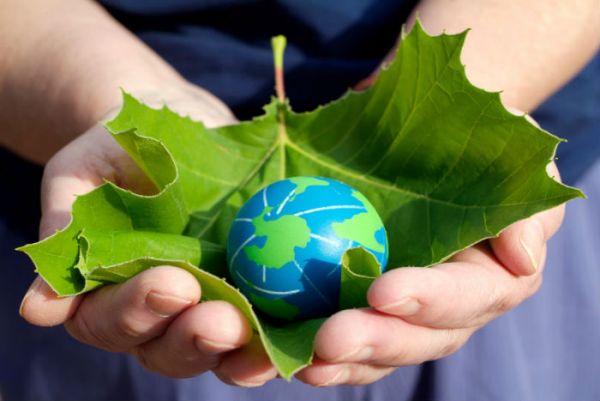The data certainly suggests so.
A range of studies have found that people are their least happy – regardless of nationality, gender or demographic – at a global average age of 46. The Economist dubbed it the ‘U-bend of life’.
Curiously, the lowest levels of human happiness occur as we are reaching the pinnacle of our career and influence – and yet that is also the point at which we have accumulated the bulk of our wealth and possessions.
Economist Harry Dent has said that the “average family or household in the US (and similarly in most developed countries) peaks in spending between the ages of 46 and 50, or an average of 48.” At 48, we hit the crest of what Dent calls the “spending wave,” at which point houses have been bought and furnished, children have schooled, and most consumer ‘must haves’ have been acquired.
However, data also points to a surge in happiness once we hit the big five-oh – not because anything external changes, but because something internal does. We change. We become more accepting, steadier and more patient, and focus less on what we want and more on what we have. We begin to turn our attentions away from the fleeting pleasure obtained in a consumerist society and toward lasting contentment in a sustainable community.
It appears then, that when people transcend the existential mid-life crisis, they learn not to confuse happiness with pleasure.
The pursuit of pleasure – at its worst, embodied in the giddy rush of making an impulse purchase – is rarely sustainable. Nor does it guarantee happiness. Anyone who has felt buyers’ remorse understands this.
Lasting happiness is not built on the pursuit of pleasure – more boats, cars, houses and rooms filled with ‘stuff’ – but has a focus on finding a level of peace or contentment that can be sustained. The idea of being content with what you have is often ridiculed in our society (heaven help those of us who ‘settle’), but it appears that one of the great lessons we learn in life is that stuff doesn’t make us happy.
What does this have to do with the built environment? Certainly, cultivating contentment rests less on what we can get, and instead focuses on appreciating what we have. Contentment lies within taking a long-term approach to what will serve us best – our wardrobes, our buildings, and our cities – rather than merely satisfying our short-term demands. We are bombarded with messages telling us to acquire more stuff – and bigger houses to store it all in.
And yet, if you live in Australia, you’ve already won life’s lottery and are among the richest people in the world. One quarter of the world’s population lives without electricity and one third doesn’t have access to basic sanitation. According to the World Bank, someone earning just US$11,000 a year has more than 87 per cent of the people on the planet. Nearly three billion people live on less than $2 a day, or $730 a year.
When we’re reminded of this, it’s easier to be grateful for what we have, and guided to make more sustainable choices. What the U-bend of happiness hints at is that sustainability is a long-term value that correlates with our contentment, rather than a short-term behaviour. And that’s the same whether it’s personal actions at work or at home, the products and materials we put into our buildings, or decisions by governments to look at long-term investment in the efficiency, wellbeing, health and happiness of our infrastructure, buildings, networks and communities.
So, before we consider upsizing or upgrading our homes, we must ask ourselves the question: will this really make me happy?


